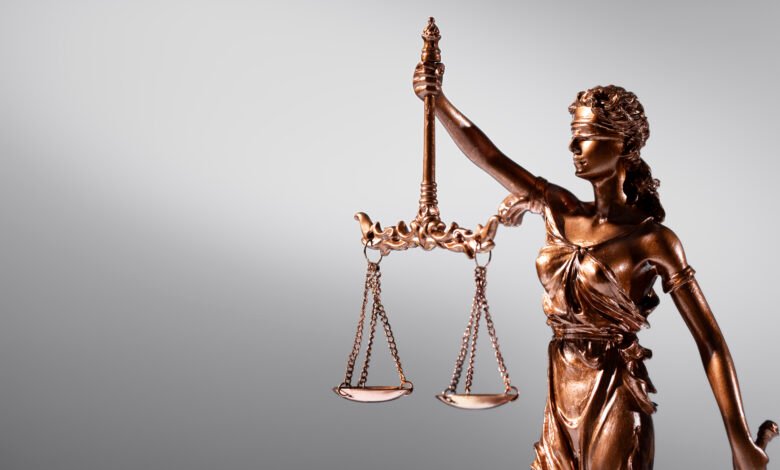
Fundamental Rights & Freedoms
In the quarter-century since the adoption of the Rome Statute and the strengthening of regional human-rights courts, the vocabulary of inalienable rights has become nearly universal. Yet practice remains uneven. Recent longitudinal datasets show that while the global incidence of state-sponsored disappearances has fallen, digital-age threats—surveillance, disinformation, algorithmic discrimination—have surged. This paradox invites a reconceptualisation of rights protection that combines classical safeguards with contemporary risk management.
At its core, the Fundamental Rights & Freedoms agenda revolves around three interlocking domains. Civil liberties encompass speech, assembly, and privacy; political rights guarantee participation and non-discrimination; and substantive protections secure life, liberty, and property against arbitrary interference. Empirical legal scholarship underscores that these domains reinforce each other: countries with robust free-expression protections are statistically less likely to enact discriminatory property seizures.
Judicial dialogue across jurisdictions is also reshaping doctrines. The “proportionality test,” pioneered in German constitutional law and adopted by the European Court of Human Rights, now influences courts from Colombia to South Korea, providing a structured method for balancing individual rights against societal interests. However, global south perspectives caution against transplanted doctrines that ignore resource constraints; for instance, enforcing privacy rights in low-connectivity regions often hinges more on telecom infrastructure than on abstract jurisprudence.
Future research must address two gaps: intersectional harms—how overlapping identities amplify rights violations, and algorithmic accountability—ensuring that AI-mediated decisions comply with due-process principles. Solutions include inclusive Impact Assessments, rights-based audit trails, and community-driven redress mechanisms. Ultimately, safeguarding fundamental freedoms is not merely about restraining the state but about empowering individuals to participate fully and safely in public life, anchoring democracy in the lived realities of diverse populations.